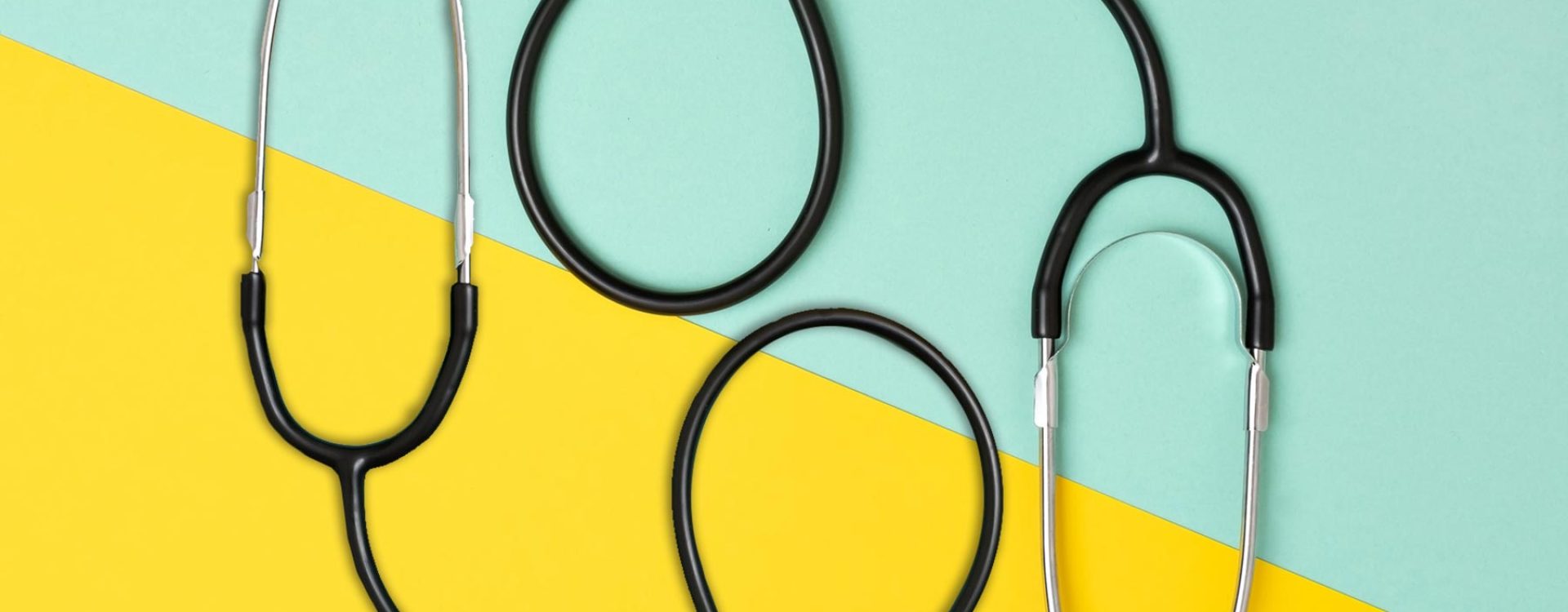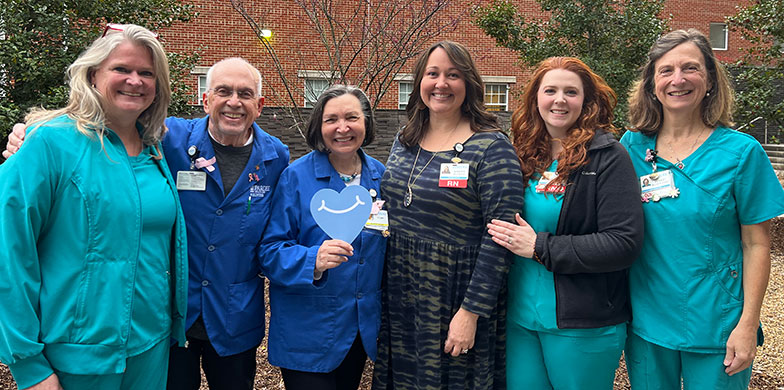You’re likely familiar with physicians having the credential “MD,” but what does it mean when your doctor has a “DO” in their title and how is it different?
How are MDs and DOs Similar?
Both MDs and DOs are medical doctors and licensed to practice medicine. MDs are considered allopathic physicians, while DOs are considered osteopathic physicians. They may work in primary care (such as internal medicine or family medicine) or a medical specialty (like orthopedic surgery, cardiology or gynecology/obstetrics).
Currently, about 25% of medical students pursue DO degrees, though this number is rising.
Once DOs and MDs have finished their undergraduate and medical degrees, they must complete an internship and residency (on-the-job training). After residency, they may complete a fellowship to gain more experience in a specialty area.
Both MDs and DOs must pass a licensing exam to practice medicine.
How are DOs and MDs Different?
MDs are trained to diagnose and treat medical conditions using traditional tools like prescription medication, X-rays and surgery. They tend to have a targeted approach to care and use your symptoms to make a diagnosis and treatment plan.
DOs also use traditional medical tools like medication, X-rays and surgery. They tend to take a more holistic and preventive approach to health. So, for example, if you see a DO for back pain, they’ll look at your lifestyle, mental and physical health, and other systems in the body to see what may be contributing to your pain.
DOs are also trained to perform physical manipulations and adjustments called osteopathic manipulative treatment (OMT). Osteopathic doctors are taught that many medical conditions stem from the body’s musculoskeletal system (including the muscles, bones and nerves). They use OMT to help relieve neck pain, back pain, muscle strains and other conditions.
What’s the Difference Between a DO and a Naturopath?
It’s important to mention that osteopathic doctors (DOs) aren’t naturopathic practitioners (naturopaths). Naturopaths use natural remedies—like herbs, food, water and lifestyle changes—to treat health conditions. They aren’t licensed to practice medicine, prescribe medications, take X-rays, perform surgery or perform physical manipulations.
What to Expect When You See a DO
When you see a DO, your appointment may not be that different from a visit with an MD. You can expect a DO to ask questions about your lifestyle, health history and other symptoms (beyond the reason that brought you to the doctor in the first place). They may work with you to develop a prevention plan to reduce your risk of symptoms and disease.
Both DOs and MDs are trained to give you excellent care. If you have questions about your health, talk to your primary care provider. Find a provider near you.




